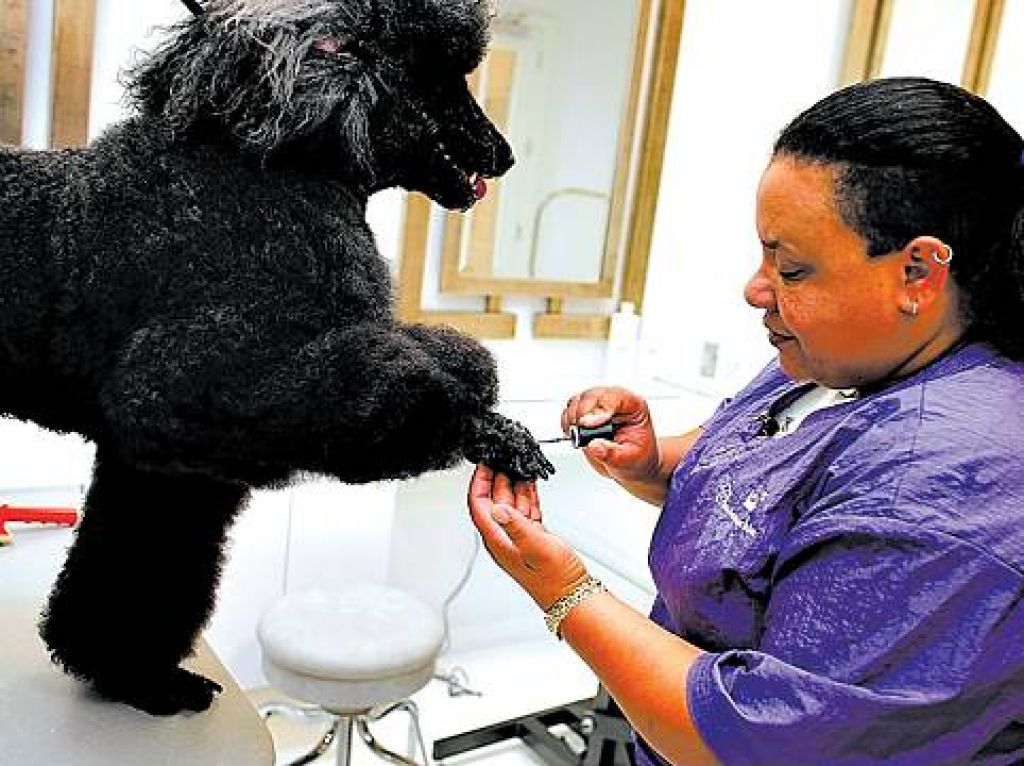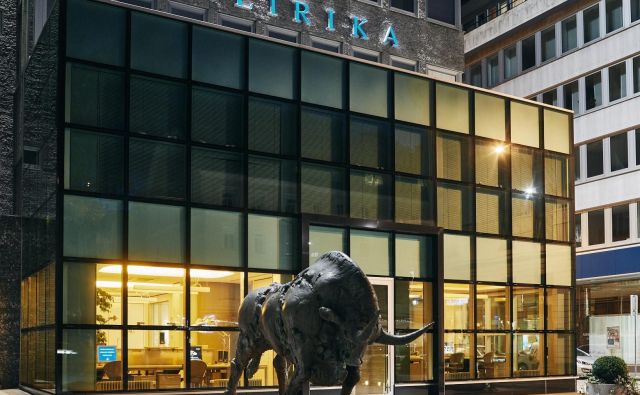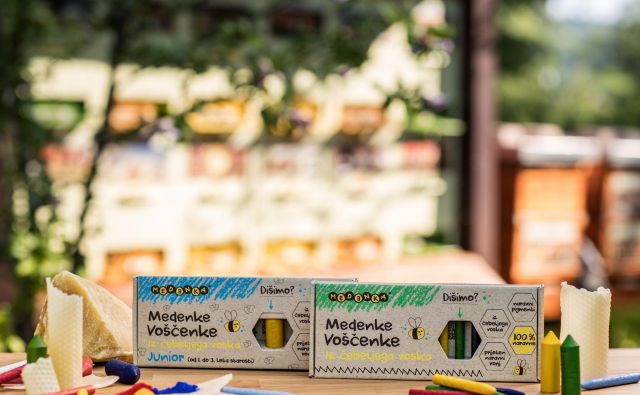Whether nosing through garbage, rolling in rotten seaweed or sniffing one another's hindquarters, dogs have a blissful appreciation for the simple pleasures in life. Like four-legged Zen masters, they grasp the importance of living in the moment, and along with being loyal and protective, can teach humans a lot.
Perhaps, that is, if their masters stopped setting such an anthropomorphized agenda and simply let them be dogs. Not that the cnines are complaining. In many ways, a dog's life has never been so lavishly pampered, emotionally elevated or sartorially splendid.
In America alone, the pet industry pulled in $55 billion last year, despite a shaky economy that has led to a rise in animal abandonment. For those lucky dogs that still have a home, The Times reported, the perks can include rain slickers and sweaters fit for a fashion runway; gourmet dinners of pheasant and pan-seared duck; organic treats of pumpkin and yak milk; antidepressants, psychic readers and medical insurance.
Canines troubled by flatulence might benefit from the $28 "Fart & Away" aromatherapy candle. And neutered males can hope for a pair of $1,000 Neuticals, prosthetic testicles designed to help "your pet to retain his natural look and self esteem" following "the trauma associated with altering." For another $1,000 or more, a deceased animal can be freeze-dried and mummified.
If this sounds like a pack of howling mad Americans, consider China. Two decades ago, dogs there were commonly eaten, while keeping them as pets was banned by the Communist Party. Today, they are treated like little emperors.
As The Times reported, in Beijing there are dog treat stores, dog social networks and dog swimming pools. One prized Tibetan mastiff fetched about $600,000 before being escorted to his new home in Xi'an in a motorcade of 30 Mercedeses.
Amid such indulgence, could the once humble hound risk becoming catlike in its sense of alpha entitlement? Jill Abramson, the executive editor of The New York Times, writes in "The Puppy Diaries" of how she was humbled by a golden retriever named Scout who ate her husband's glasses, lunged at an out-door table in a swanky Manhattan café and upended her peaceful household.
Mongrel mayhem seems to be everywhere. One television show, "The Dog Whisperer," focuses on reforming obstreperous pets. Another, "Bad Dog!," highlights comically criminal canines.
All this may be related to how pets have gone from appreciated but utilitarian helpers to "emotional power brokers," as Benedict Carey wrote in The Times. Froma Walsh, a psychologist at the University of Chicago, told Mr. Carey that many dogs are treated like children.
"And in the way that children get caught up in the family system as peacemakers, as go-betweens, as sources of disagreement, the same happens with pets," she said.
Whether we see them as pets, protectors or surrogate children, it's hard not to love dogs. But we may be wise to heed the advice of the American actress Martha Scott: "Don't make the mistake of treating your dogs like humans, or they'll treat you like dogs."
 Tiskane izdaje
Tiskane izdaje























